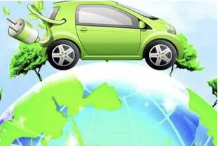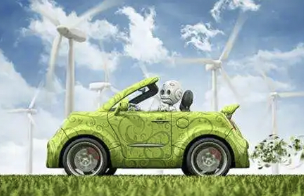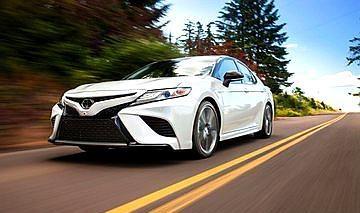For decades, fossil fuels such as coal, oil and natural gas have kept the world running, and from the perspective of human long-term development, fossil energy is limited, and the greenhouse gases produced in the process of burning fossil energy have kept the global average temperature rising. Therefore, we must conserve limited fossil energy and promote the energy industry to shift to non-fossil energy.

Nowadays, low-carbon environmental protection has become the mainstream of the times, saving energy, protecting the environment, and reducing pollution have become the goals of more and more units and individuals. Shared bicycles and cars are listed one after another, providing convenience and conveying the environmental protection concept of advocating green travel, and people's awareness of environmental protection is increasing. At the same time, the government also attaches great importance to environmental protection and energy conservation, and has successively issued many relevant documents to protect the environment, save energy, reduce pollution, reduce carbon emissions, and call on everyone to participate.

 To reduce carbon emissions, automobile exhaust is the first problem to be solved, how to effectively reduce automobile exhaust emissions, reduce carbon emissions, has become a hot spot of many people's attention, so electric vehicles came into being. As a kind of new energy vehicle, electric vehicles advocate energy conservation and emission reduction, and save petroleum resources and reduce carbon emissions by using electric energy instead of fuel. At present, many people believe that electric vehicles will replace fuel vehicles, and then we will compare them in detail: first of all, from the perspective of exhaust emissions, the energy consumption and emissions of electric vehicles are mainly concentrated in the "fuel" production stage, so electric vehicles can basically achieve 0 emissions, ensuring that their cleanliness is far above fuel vehicles. Secondly, from the perspective of energy saving, the electricity consumption of electric vehicles for 100 kilometers is about 20kwh, equivalent to 7 kg of standard coal, while the fuel consumption of fuel vehicles for 100 km is about 10L, equivalent to 10 kg of standard coal, and the result is obvious, electric vehicles are more energy-efficient. Finally, from other aspects, the current domestic charging stations and other related facilities are not perfect, which makes the practicality of electric vehicles with slightly poor endurance greatly reduced. In addition, the power of electric vehicles is smaller than that of fuel vehicles, and it is also higher than that of general fuel vehicles in terms of price.
To reduce carbon emissions, automobile exhaust is the first problem to be solved, how to effectively reduce automobile exhaust emissions, reduce carbon emissions, has become a hot spot of many people's attention, so electric vehicles came into being. As a kind of new energy vehicle, electric vehicles advocate energy conservation and emission reduction, and save petroleum resources and reduce carbon emissions by using electric energy instead of fuel. At present, many people believe that electric vehicles will replace fuel vehicles, and then we will compare them in detail: first of all, from the perspective of exhaust emissions, the energy consumption and emissions of electric vehicles are mainly concentrated in the "fuel" production stage, so electric vehicles can basically achieve 0 emissions, ensuring that their cleanliness is far above fuel vehicles. Secondly, from the perspective of energy saving, the electricity consumption of electric vehicles for 100 kilometers is about 20kwh, equivalent to 7 kg of standard coal, while the fuel consumption of fuel vehicles for 100 km is about 10L, equivalent to 10 kg of standard coal, and the result is obvious, electric vehicles are more energy-efficient. Finally, from other aspects, the current domestic charging stations and other related facilities are not perfect, which makes the practicality of electric vehicles with slightly poor endurance greatly reduced. In addition, the power of electric vehicles is smaller than that of fuel vehicles, and it is also higher than that of general fuel vehicles in terms of price.
New energy vehicles are the main direction of the transformation and upgrading of the global automobile industry and the green development, and are also a strategic choice for the high-quality development of China's automobile industry. At present, China's new energy automobile industry has entered a period of comprehensive market-oriented expansion.
In summary, in addition to the many advantages of energy saving and emission reduction, electric vehicles also have many shortcomings, in order to replace fuel vehicles, it is necessary to solve the problems of battery life, charging and other problems, and effectively improve the practicality and economy of electric vehicles, hoping to achieve this beautiful expectation in the near future.






